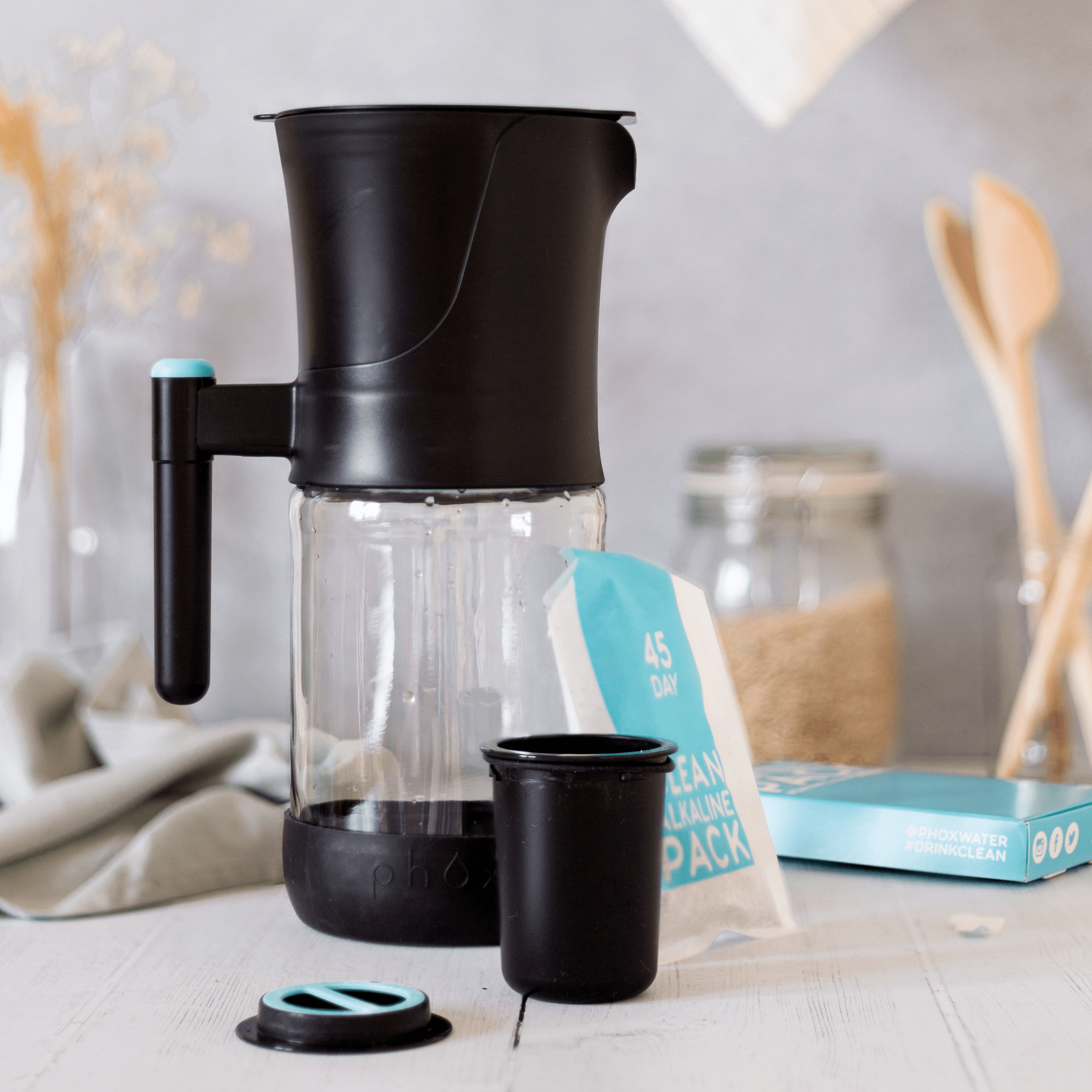Your Body After Alcohol: What Happens and How to Help It
We’ve all been there, haven’t we? Whether it’s a fun night out with friends or a cosy night in with a glass (or two) of wine, sometimes we overdo it—and pay the price the next day. But have you ever stopped to wonder why you feel so awful the morning after drinking? Let’s break it down and, more importantly, figure out how to feel better.
The Biology of a Hangover
A hangover is scientifically defined as a "constellation of unpleasant physical and mental symptoms that occur after a bout of heavy alcohol drinking" (Swift & Davidson, 1998).
Many of the most difficult aspects of a hangover are caused by dehydration. Alcohol has diuretic properties, meaning it affects your body’s ability to retain water.
Why Does Alcohol Dehydrate You?
Alcohol stops your pituitary gland from producing vasopressin, an antidiuretic hormone. Without vasopressin, your kidneys send water straight to your bladder instead of reabsorbing it. That’s why you find yourself running to the bathroom constantly when drinking.
For every 250ml of alcohol you drink, your body loses up to 1,000ml of water—four times more fluid than you’ve taken in!
Drunk Sleep: Why It’s Not As Restful As It Seems
Alcohol might make you fall asleep quickly, but it disrupts your overall sleep quality. Here’s how:
- Alcohol stops the production of glutamine, a natural stimulant.
- When you stop drinking, your body overcompensates by producing excess glutamine.
- This excess glutamine stimulates your brain while you sleep, disrupting REM cycles and leaving you feeling groggy the next day.
What Happens the Morning After?
As you battle the hangover, your body works overtime to deal with alcohol's after-effects. Here’s what’s happening:
- Dry Mouth: Dehydration has worsened overnight, triggering thirst signals.
- Headache: Dehydration causes your body to pull water from your brain, leading to a headache.
- Low Sodium and Potassium Levels: Frequent urination depletes these essential minerals, causing fatigue, nausea, and dizziness.
- Lack of Energy: Alcohol lowers your blood sugar levels, leaving you feeling weak and uncoordinated.
- Electrolyte Imbalance: Your cells struggle to function properly without enough electrolytes.
Dehydration Indicators
One of the easiest ways to check your hydration levels is by looking at your urine colour.
What Your Urine Colour Can Tell You After Drinking Alcohol
Alcohol dehydrates your body, making your urine darker than usual. This is a clear sign that you need to replenish lost fluids.
This happens because when alcohol dehydrates your body, it reduces the amount of water available to dilute waste products. The darker the urine, the more concentrated it is—a clear signal that your body is in need of fluids.
Here’s a handy guide to understanding urine colour and hydration levels:

By rehydrating with clean, filtered water, you can help restore balance and flush out toxins. Keep an eye on your urine colour as you hydrate; it should gradually return to a pale yellow, indicating improved hydration levels.
Prevention: How to Stop a Hangover Before It Starts
The million-dollar question: How can you prevent—or at least minimise—a hangover? While the only foolproof way is to drink less alcohol, there are steps you can take to reduce the impact:
-
Hydrate Before, During, and After Drinking
Drinking plenty of water throughout the day and staying hydrated before your first drink can help. Sip water between alcoholic beverages to reduce dehydration and its effects.
Pro Tip: Phox’s alkaline water filter system enhances your tap water by adding electrolytes, boosting mineral content, and increasing pH levels. This creates water your body will thank you for—especially after a night of drinking! -
Pace Yourself with Electrolyte-Rich Water
Water that’s rich in electrolytes can help protect against the biological imbalances alcohol causes. Using Phox’s alkaline water filtration ensures you’re giving your body the electrolyte-rich hydration it needs. -
Eat Before You Drink
A healthy, balanced meal before drinking can slow the absorption of alcohol and stabilise your blood sugar levels.
Your Hydration Hero: Phox Water
Let’s face it—hydration is the one biological factor you can control while drinking alcohol. Give your body the best water possible with a Phox Water Filter Jug.
Our eco-friendly, water jugs with refillable filters not only reduce plastic waste but also delivers water enriched with minerals and electrolytes, when paired with our alkaline filter refills. The perfect companion for staying hydrated before, during, and after a night out.


